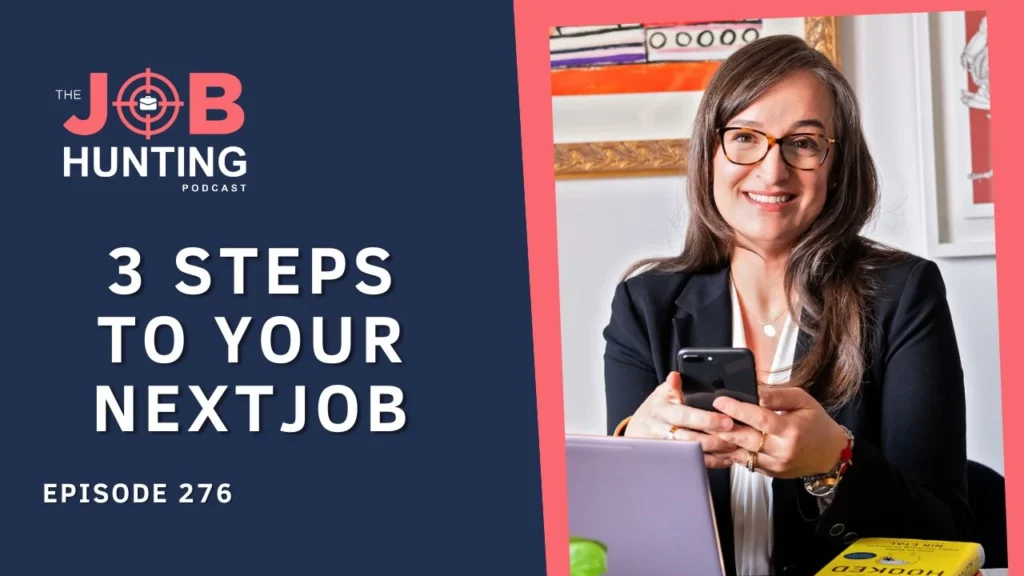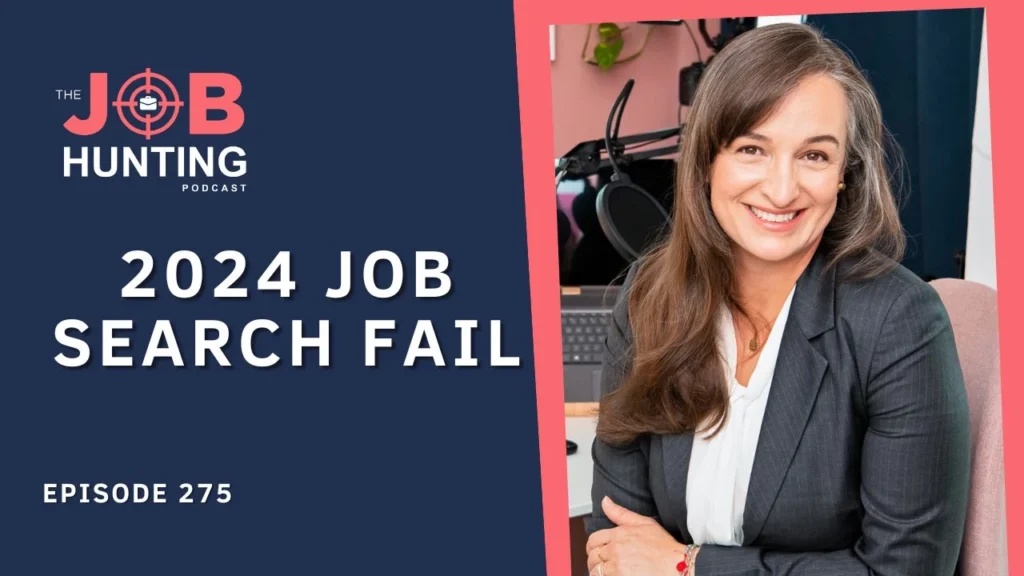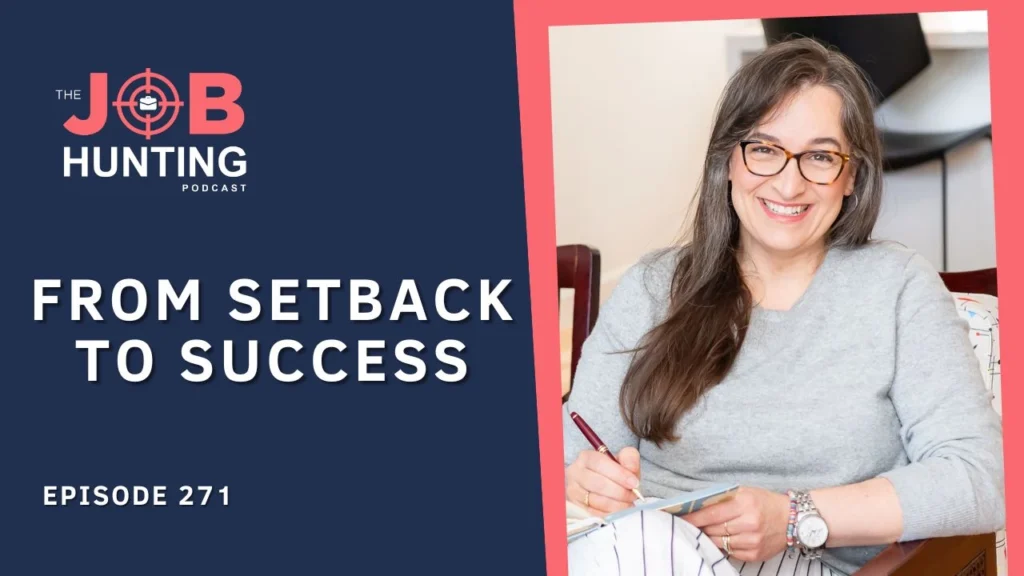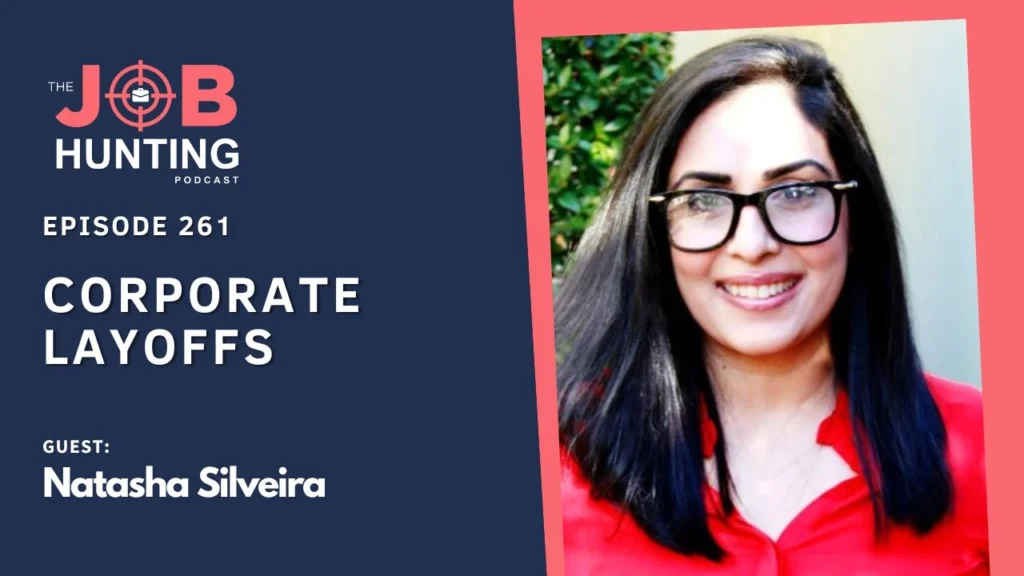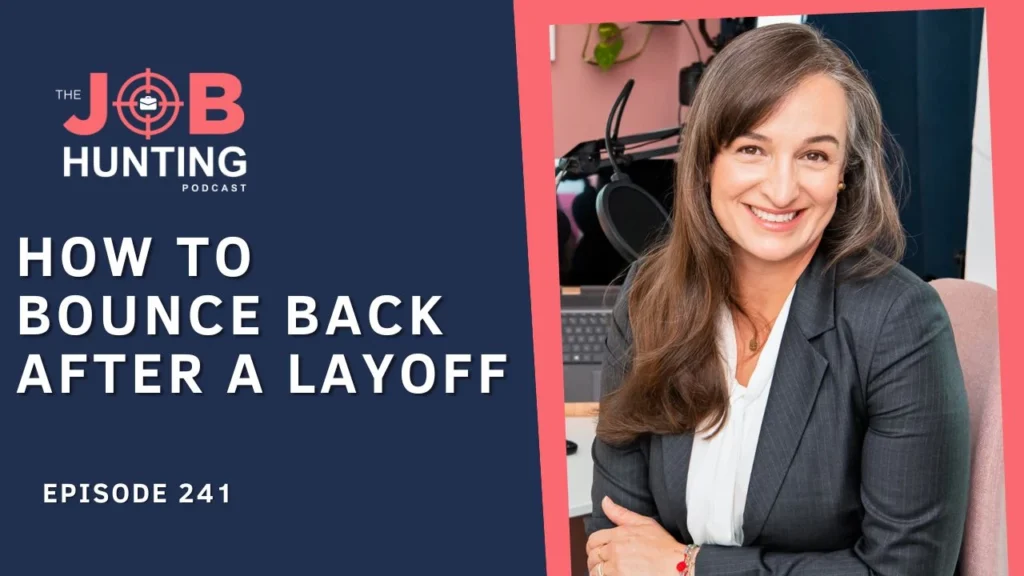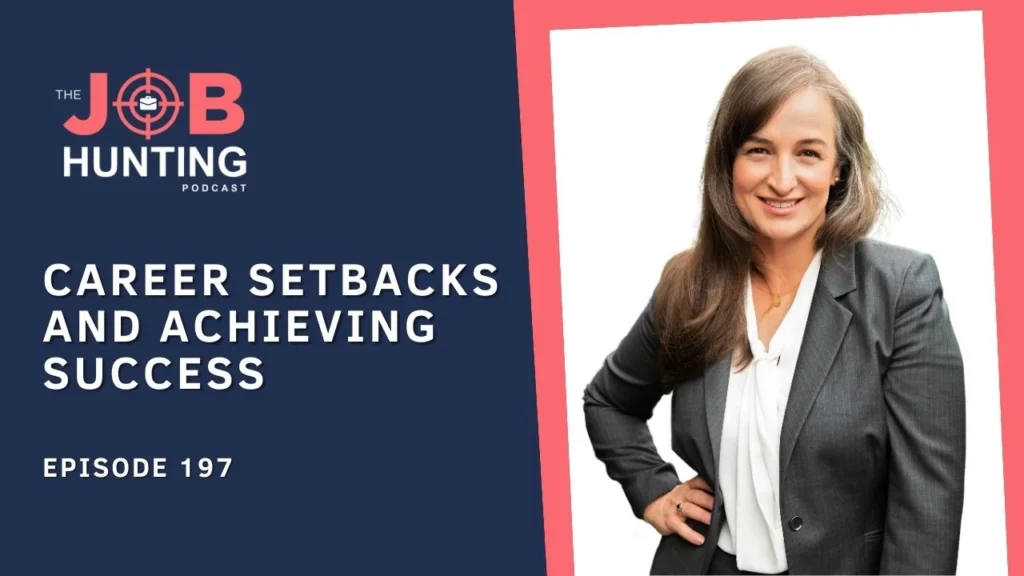Welcome. And today I’m going to tell you a story that happened a couple of weeks ago. I was asked by a journalist to answer three questions to help her write an article for the Ethics Center, which is an Australian organization that organizes events and workshops and advocates for ethics in the workplace, ethics in business, ethics in life in general.
And the title that she was going to use was Forgiveness in the Workplace. I’m going to link below the article that was published on the ethics center website. She wrote to me the following, I’m working on a story that explores the concept of forgiveness at work. As a society, we’re quick to judge people who make mistakes at work and to penalize them.
Sometimes they shirk away from society and I never heard of again. I’m keen to find out from psychologists, managers, HR people. to hear whether we should be more forgiven of people who make mistakes at work as a society. Little did she know that I love this topic so much and I love helping clients that have burnt bridges.
I love working with professionals that have committed CLMs, career limiting moves. I you know, I think that we need to venture into this topic. So today we are venturing into this uncharted territory, at least in the corporate world. We’re not very good at examining this delicate issue of forgiveness at work.
Now, you know how it is, if you’re listening to the job hunting podcast, you you know somebody who works in white collar jobs in the corporate nonprofit government sectors, and you build a career over years. And then out of nowhere, one slip, one human moment, and it may all unravel. But should it be like that?
We’re often led to believe that professional life is unforgiving, that one misstep spells the end of our careers. I don’t agree. And in this episode, that’s what we’re going to explore. Because We’re all humans and to err is pretty much guaranteed in life. At some point, we are bound to make mistakes. Yet, somehow, we cling to this idea that we can have a perfect career and be perfect at every point in time as a manager, as a team leader, as a team member.
It’s not realistic and it’s time for us to shift away from that perspective and have better risk management techniques so that we can withstand situations where we are in trouble and. That’s the spirit of this episode.
One of the biggest influencers in my coaching and in my passion for this subject is a book by Jeffrey Sonnenfeld and Andrew Ward called Firing Back. There was a time I had several copies of this book in my shelves, you know when I was working as an MBA manager at Monash University more than a decade I had quite a few copies and I would give them out.
These were copies. I remember buying it with my own money. And that’s how much that book has influenced my thinking. And it’s about tackling the real talk about career comebacks. And we’ve seen headlines, and we read, and we’ve observed in, you know, the news, figures making public mistakes.
And sometimes it’s the end of their careers, but other times they bounce back, they become stronger, they become wiser. What is the secret sauce that differentiates those that end their careers when they make something make a big blunder out of a situation and what is it that makes others bounce back?
That’s exactly what we’re trying to unpack here today. We’re not going to have all of the answers, but I think it’s a good conversation to start with because, you know, it’s not just about public figures. I mean, we see that unraveling, you know, in the news and newspapers, but this conversation is for every one of us in the trenches of our professional journeys.
It’s for me. It’s for you. We’ll talk about what forgiveness in the workplace looks like, why it’s essential, and it’s important, and how it can transform not only individuals but the entire culture of a company.,We also can’t ignore the elephant in the room, and that’s the fact that we have digitalized our lives, and that means that personal becomes public.
Very easily. It’s a minefield, but it’s also a reality, and we can’t just wish that away. We have to ask ourselves, do those leaked messages and comments that we’ve made on social media define a person entirely, or are they just a piece of a larger puzzle that we need to unravel, understand, learn, and evolve from.
By the end of our chat today, I want you to walk away with more than just insights. I want you to understand that these are actionable, important tips that might really mean that when you are faced with difficult situations in your future, it could be right now, it could be in the future, you will know what to do.
How do you move forward if you’ve stumbled? How do you reframe your experience from a mistake to a lesson learned? How do you ensure your next career move not only aligns with your goals, but also reflects the growth from your past and why? It’s important not to shy away from that in your personal story, in your narrative as a professional.
So if you’re curious about how to transform those oops moments into opportunities, how to weave forgiveness into your professional life and the life of other people that work with you and why it’s crucial for all of us to embrace a bit of compassion and understanding in this cut throat world of careers, then This episode is really for you.
Thank you for sticking with me so far and let’s dive right in.
So the first question that I answered as part of this interview for the article was this professional reputations are hard to build, but easily lost. What’s your take on expectations? And where is the line?
Renata: Professional reputations, in my view, are a combination of consistent actions. Consistent being the keyword here, right? So those different ways that you present yourself in the workforce the deliverables from your work, the interactions you have with people over time will build your professional reputation.
If you type reputation on the job hunting podcast blog, you will see that we’ve discussed reputation many times over in other episodes. So I urge you to go and find those episodes if you’re interested in. Building a strong professional reputation for yourself. And this is why I believe it’s super important for professionals to be aware and in control of their reputations by understanding how those personal brands are formed with or without your control, whether you like it or not.
You will have a reputation in the professional community that you participate in, and that can impact your career and your future prospects. It’s true in this age of Instant information and social media, that years of hard work that you’ve created, can be overshadowed by a single mistake that you make.
But this is harder to do when you have a strong, consistent, professional reputation, a recognizable brand that can withstand those pointing times that can withstand those blows, right? If you have a blow on your reputation in the workplace, the expectations here are twofold. Number one, individuals should be mindful of their actions, understand the potential public and permanent nature of their behaviors.
And number two, society, including your employer and your colleagues, should remember that everyone fails. If mistakes happen, you know, if you address them correctly, they can lead to a more resilient workplace, better understanding between individuals and personal and professional development for everybody.
Drawing the line becomes essential when these mistakes affect the core responsibilities and values of the role that you are performing in the workplace. So, for example, An accountant that makes a personal mistake is different from an accountant that makes an accounting error that impacts the company’s finances.
So we need to understand the core responsibilities of the individual and treat those different mistakes. differently because they will affect the business differently. One will affect the business’s culture and community and interactions between colleagues. The other one will impact the company’s commercial outcomes.
Right. So we need to kind of, it’s a blurred line and you can argue against what I’ve just said, but we need to kind of build some sort of framework around these things so that we can design proper policies. So if you’re listening to these and you work in HR or you’re a leader of an organization and you want to sort of consider policies and risk management strategies around this, then it’s important to kind of build those frameworks and models around it.
So yes, professional reputations are hard to build. They take time. They can be easily lost. And ideally what you want is to withstand that. By understanding what it means, what your behaviors and what you do means, to your colleagues, to your employer, and if you are a leader, you can address mistakes that are made by others or by yourself based on this sort of rule of thumb about the difference between making a personal mistake and making a core responsibility mistake.
The second question that I was asked by the journalist was this. We sign up to a set of expectations when we take a new job, but if we cross a line once, twice, a few times, should there be an opportunity to reason your way out of this? That’s a very good question, especially because of the question being framed around a new job.
And as you know, you know, new jobs usually come with probationary periods and probationary periods are a completely different topic, but it just exacerbates everyone’s anxiety and stress around making mistakes. And many times the probationary period also it’s there for a reason, but it makes employers less forgiving, right?
So the person is new. The person may not have had the best onboarding. The person makes a mistake and they’re out because it’s a probationary period. That’s so unfair in my view. I think we hire that person for a reason. They, overcame so many bottlenecks in the recruitment process, they proven themselves over and over again.
Why wouldn’t you invest a little bit more to develop that person by, let’s say, extending the probationary period giving that person room to grow and a better onboarding experience. A more forgiving workplace is not just about absolving mistakes, but also fostering an environment of learning, of growth.
Every mistake is a learning opportunity, like I said, not just for the individual, but for the organization, because every mistake happens within a context, right? So the Context matters and the context is, okay, what allowed this mistake to happen in my organization, in my department, in this function.
And again, I have two sort of rules or rules of thumbs here that you can use. Number one, if an individual crosses the line once it might be that this is an outlier mistake. Okay, it’s an anomaly in their typical behavior, in their abilities, and an open conversation with that person can often resolve this issue, helping the individual understand the implications and ensuring that it doesn’t occur again.
So you put sort of safeguards around it. There’s an educational piece a feedback conversation and that’s it. That’s the end of it. But, however, if repeated mistakes happen, this may indicate that there is a pattern and a deeper issue and that’s when interventions become necessary. That’s when you think, okay, do we want this to invest in this individual?
Do we want to invest By providing professional development, coaching, mentoring, putting that person up with somebody, or Is it not worth it? And let’s let this person go because we can’t afford to invest in this person or it’s not a good match for us and they will be happier somewhere else, you know, that where they can use their actual skills and strengths and capabilities in an environment that’s more suitable for them.
Sometimes mistakes just happen because there is a huge discrepancy between an individuals capabilities, strengths values, and the organization where they work. So, what is a terrible match with one employer and a You know, redundancy or, letting go of that job and, and moving on could make for a great next job if we all learn from that situation and don’t repeat the patterns of finding, you know, a similar job where those mistakes can reoccur.
So the primary focus here. Has to be on growth, on learning, ensuring that the workplace remains a positive environment and that blanket penalties for mistakes, you know, are not the way of moving forward from that situation because they don’t allow for innovation. They don’t allow for the important risk taking that we need to have sometimes in.
In the corporate world or in any sector that helps an organization grow and evolve and access new markets and new opportunities, a balance should be maintained so that you can uphold the company’s values and standards and bring about. Innovation and risk taking within certain parameters, right?
So yes, I hope that this sort of helps not only individuals that are sort of worried about, in hindsight, looking back and thinking, Why have I made mistakes again and again? Or organizations, I mean, if you’re an HR professional or a leader and you’re seeing your employees making mistakes again and again, what does that say about a, your recruitment and talent acquisition, but also what does that say about the environment that you’re fostering?
And are these really mistakes? Or are we just, you know, enabling a culture where people feel like they’re not sure about the path forward and what you’re seeing as mistakes is them, you know, sort of trying the best that they can to overcome some, uncertainty there in the workplace.
So that fostering of growth and learning is key, is absolutely key to creating this workplace environment that really is positive and doesn’t Include that repetition of mistakes that is really not good commercially or culturally for an organization.
And the third and last question that the journalist asked me was this, some people lose their careers forever for one little mistake.
Particularly if you look at examples of leaked text messages that forced resignations, for example. Generally speaking, do private messages reveal the character of someone that we would be privy to if they are in the public office, or should private messages remain private? That’s a very good question.
look, private messages should remain private. I mean, there’s private in the word that already says everything that, you know, sums up what the problem is here.
But private messages can offer glimpses into someone’s thoughts and feelings which might be expressed without the filter they would not use in a professional or public setting. That said, if private messages reveal those behaviors or beliefs and that contradicts the values and responsibilities of their role that they were hired to do, then there’s a concern here.
So, for example, if you have a diversity and inclusion leader that advocates for equality and private messages are leaked that showcase prejudice, then there is a problem here. We need to be cautious about using isolated messages, of course, because they could be out of context and they may vilify individuals.
So it’s essential to consider the entirety of a person’s characters and contributions and allow that person the opportunity to grow, to develop, to learn, to educate themselves and come back with an explanation about let’s say, said leaked messages that contradicts their public role.
Look, at the end of the day, this is what usually happens. We are often very inspired by stories of people that have rebounded from lows in their careers and rebuilt their opportunities and achieved, you know, great things despite the odds, despite having erred, despite having committed mistakes in the past.
We know that that builds strength of character. We know that that builds for a more robust career, but we often don’t allow that to happen to ourselves and to those around us. Why is that? Why is that that we can sit and watch a documentary about an athlete or a politician or an actor that has done something horrible in the past and rebounded and learned and educated themselves and came back swinging and had a great career.
But we don’t allow this to happen to ourselves and we don’t allow this to happen to others around us. There are two things that I think need to happen. The individual rebounding needs to take responsibility. And needs to learn from what has occurred and responsibility and learning needs to occur probably in a public space and some of us are not comfortable with it and that’s why I think this episode of the job hunting podcast is so important.
We need to, allow this conversations to happen in the corporate sector and we need to allow for corporate environments to forgive and support professionals and executives. This may be a very controversial topic. I understand that, but I also think it’s a necessary one and we can’t have a.
long career, 30, 40 years of working without understanding that at some point we may, maybe doing mistakes ourselves. You know, these are not things that will happen to us. Like a restructure and we lose our jobs were made redundant or we get bullied at work or we get micromanaged or, Ghosted, or all of the things that we have discussed so far and we’re sort of still addressing them, but sometimes you will be the one making the mistakes and I want you to feel empowered and humbled and accept the vulnerability of that situation and know that there are ways and strategies and opportunities for you to come back and make that part of your narrative, part of your part of your career. Bounce back from that and become a better professional, a better manager, a better colleague in the future.
And the other thing that we need to do as well is if we want that to happen to us, we need to allow that to happen to others. We need to give them opportunities and provide avenues and environments in our workplace that allows professionals to bounce back from adversity, bounce back from making career mistakes.
If this has touched a chord with you and you want to continue to investigate this, there are a few things that I would recommend that you do. First, there’s the article that was written by the Ethics Center. It has, you know, just a little bit. of quotes from me, but there are some very interesting quotes from other professionals.
And the article is titled, Who are corporations willing to sacrifice in order to retain their reputation? And I will have a link to it in the episode show notes. Then I have a few episodes of the job hunting podcast for you. One is about overcoming career setbacks. The other one is about Reputation and career success and the third one is about cringeworthy career moves.
So, some sort of cringeworthy things that you may be doing and with and not even knowing it. So these three episodes are linked in the episode show notes as well. And then there’s the Farringback book that I mentioned before. I will have a link to it in the episode show notes. And finally, you know, if you want to have a confidential discussion with me, a career coach about CLMs, career limiting moves that you have committed in your past or at the moment, and burnt bridges that might be impacting your ability to move forward with your career, Then I will have a link to my consultation page and you can book a time to have a conversation with me and we can brainstorm strategies for you to help you overcome the situation you find yourself in right now.
I hope you enjoyed this episode. I really enjoyed doing it and I look forward to seeing you next time. Bye for now.


